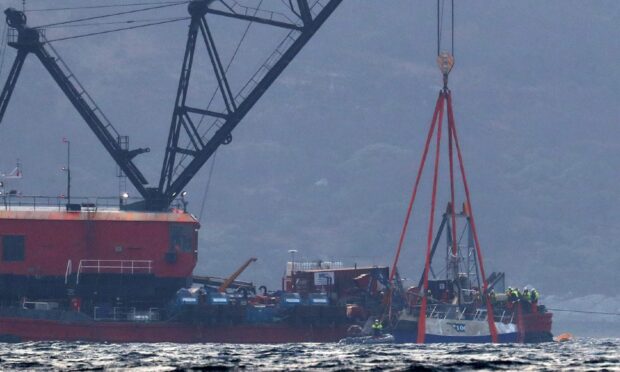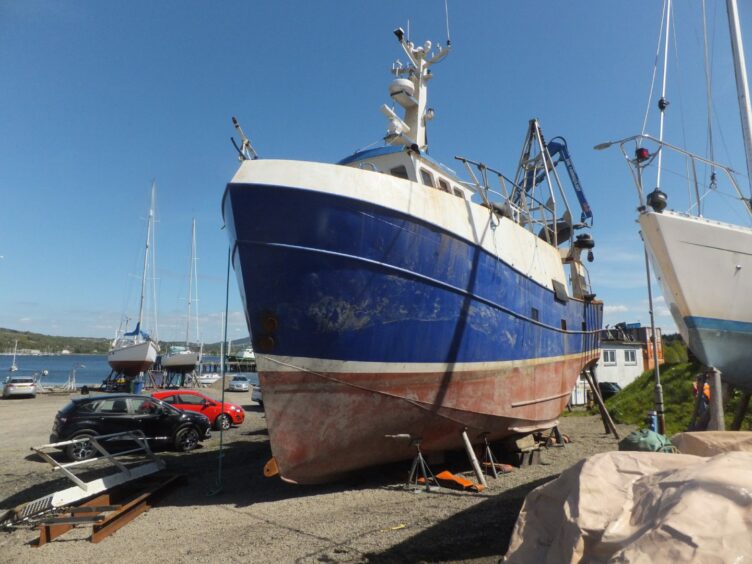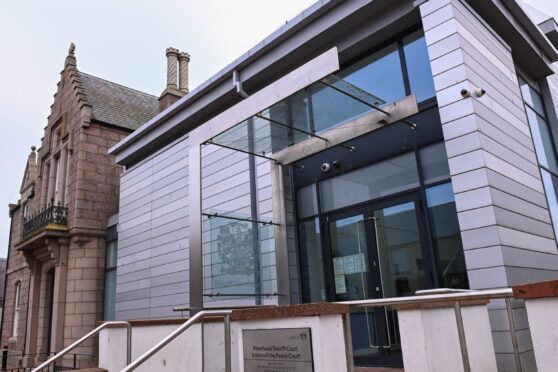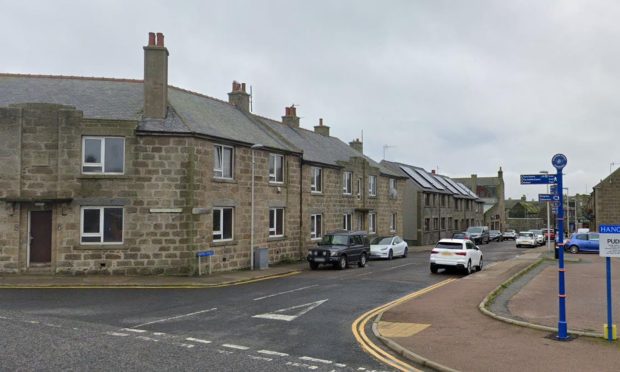The deaths of two fishermen who drowned after their boat sank on the west coast could have been avoided had the boat not been “intrinsically unstable”, a sheriff has ruled.
Przemyslaw Krawczyk and Duncan MacDougall both died when the fishing boat they were working on, the Nancy Glen, capsized and sank in Loch Fyne on January 18, 2018.
The horror demise of the prawn trawler happened on its final trawl of the day near her home port of Tarbert and just over a mile north-east of Barmore Island.
Skipper Mr MacDougall, 46, and crewman Mr Krawczyk, 38, both fathers and husbands who lived in Tarbert, were trapped on board and drowned when the trawler sank.
A third fisherman, John Miller, raised the alarm and was the sole survivor after he was pulled from the water by the crew of a passing boat.
Ship capsized after gear hit seabed
Now a fatal accident inquiry into the double fatality has found both men drowned as a result of the unstable ship capsizing and sinking after the “muddying” of the vessel’s trawl gear on the seafloor.
Sheriff Patrick Hughes, who presided over the inquiry held at Oban Sheriff Court earlier this year, said the tragedy could have been avoided if expert advice had been sought before alterations were made to the boat which in turn left it “intrinsically unstable”.
“The evidence showed the MacDougalls to have been responsible owners who kept the vessel well maintained,” the sheriff ruled. “With the benefit of hindsight, it was accepted that the various modifications made to the vessel, particularly those made in December 2017, had reduced its stability.”
That finding married up with a previous report by experts from the Marine Accident Investigation Branch which said the fishing boat sank because a new crane on deck made it so unstable it couldn’t cope with its net filling with mud as it turned.
‘It should have been survivable’
As a result of the double fatality, the board made recommendations to introduce stability criteria for small vessels across the industry – which were quickly accepted by the Maritime and Coastguard Agency.
Evidence from naval architect Ian Macleod was also heard and he believed the incident “should have been survivable”.
“Indeed he considered that by the time of the accident stability was so poor that even normal operation of the vessel could have caused its capsize,” the sheriff said.
The inquiry also heard how valiant efforts from other seafarers, volunteers rescue boats and a diver who rushed from the shore to help were in vain.
The skipper of the passing flatboat Lady Inger told the inquiry how his crew saw the Nancy Glen “well heeled-over” before it “flipped right over … as if it had vanished, just a black object in the water”.
Valiant rescue effort
Walter MacIntosh’s crew rescued Mr Miller from the water while he sent out a distress call which was picked up by the Belfast Coastguard.
Mr MacIntosh told the inquiry he kept his searchlight on the hull of the Nancy Glen until the Tarbert-Portavadie Calmac ferry Loch Riddon arrived, followed by about seven other fishing vessels, the Campbeltown lifeboat and the Tighnabruaich inshore lifeboat.
Lines were attached from Nancy Glen’s propeller to the ferry by one rescuer, who also used a metal shackle to strike the stern.
“He could hear the hull being struck in response, as well as at least one voice from inside the vessel, although he could not make out what was being said,” the inquiry heard.
When a diver arrived 20 minutes later he could hear no sounds from within the boat.
Line had to be cut as vessel sank
The arrival of a 2,600-tonne special-purpose ship, ‘Nothern River’ signalled new hope for the rescue effort as the ship, used by the Ministry of Defence boasted three cranes and lifting straps.
But as lines were being attached to it, the one attaching the Nancy Glen to the ferry “suddenly snapped”. A second rope to another vessel had to be cut to stop it from being dragged under itself.
The Nancy Glen sank at 8.30pm.
“I think it is appropriate to recognise the courage and resourcefulness of those who attended the capsized vessel and made impressive efforts to save the men inside,” the sheriff wrote.
“And also to recognise the compassion that was shown to the grieving families by so many people in this community, and beyond, in the days and weeks that followed.”
Locals rallied to bring men home
Both Mr MacDougall and Mr Krawczyk were experienced fishermen with the former taking over as skipper of the Nancy Glen in January 2017 and becoming the fourth member of the family to take her helm since it was bought in 1995.
Mr Krawczyk was also of fishing stock and served in the Polish navy before working in Ireland then moving to Tarbert in 2008 where he worked on a number of boats before joining the Nancy Glen in January 2017.
The Scottish Government eventually agreed to cover the costs and the men’s bodies were finally recovered by a salvage operation on April 13, 2018.
Men showed ‘courage and fortitude
“To work as a fisherman in the arduous conditions of these waters requires a very great deal of both courage and fortitude, qualities possessed by both Mr Krawczyk and Mr MacDougall, devoted family men whose loved ones feel an enormous sense of loss,” the sheriff added.
Sheriff Hughes’ full ruling can be read here.
For all the latest court cases in Aberdeen, as well as the latest crime and breaking incidents, join our new Facebook group HERE.















